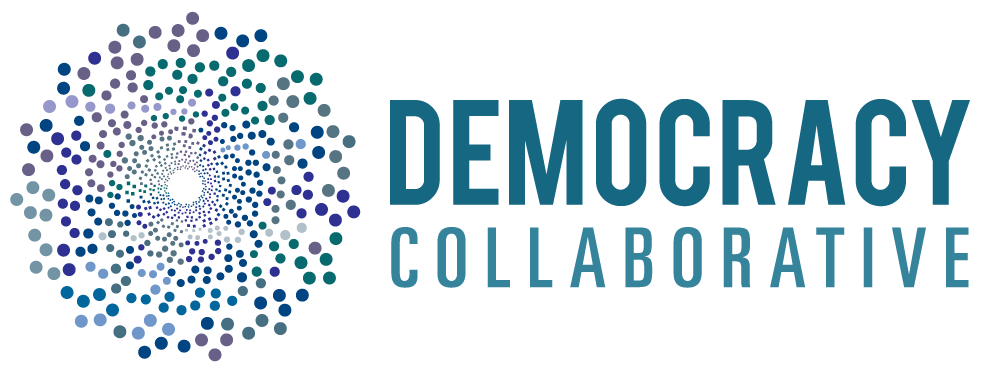Democratic Public Ownership
Elements of a Democratic Economy
Neoliberalism, which seemed so dominant and unassailable in many parts of the world at the dawn of the 21st century, is in crisis. The escalating and intersecting economic, social, and ecological challenges (especially climate change) we now face have discredited, albeit not fatally or entirely, many of the principles commonly ascribed to the neoliberal model, including privatization, marketization, liberalization, and globalization. This, in turn, has opened up space for a renewed discussion about alternative economic institutions, models of ownership, and systemic arrangements.
The public ownership approach
One of the institutional forms experiencing a resurgence and rebirth is public ownership, which we define as: assets, services, and enterprises that are owned collectively by all people in a specific geographic area, and governed/managed either directly (i.e. commons based approaches) or through representative structures (i.e. government at various scales). This includes renewed energy and activism around rejecting and defeating privatization and corporatization; efforts to reverse privatization and bring services back under public control – a process commonly known as remunicipalization; advocacy around the use and disposal of assets and enterprises that are nationalized during times of economic crisis, including demands around “buyouts, not bailouts” when government interventions are being considered; and proposals to expand public ownership into new sectors and industries to deal with pressing social, economic, and ecological challenges – such as equitable internet access and fighting/mitigating climate change. Through our research, policy, and communications functions, we support and advance these efforts in the United States and around the world.
Centering democracy
However, there is little appetite amongst many advocates to simply recreate traditional forms of public ownership, or to go further down the road of corporatizing public enterprises. Rather, in recent years a new alternative known as “Democratic Public Ownership” (DPO) has emerged. It is rooted not only in a critique of privatization and neoliberalism, but also of traditional forms of public ownership and statism. In particular, DPO rejects the State-Owned Enterprise (SOE) model prevalent around the world and throughout the 20th century for being overly top-down, bureaucratic, managerial, centralized, and alienating. It also opposes neoliberal inspired efforts to “reform” publicly owned enterprises by enshrining private sector aims and structures (such as profit maximization), as well as “pragmatic” approaches to (re)municipalizing private enterprises that focus on corporatization (e.g. organizing publicly owned companies like private sector corporations and removing them from public control and accountability) and market liberalization. As an alternative, DPO seeks to design and implement new governance and management structures that embed genuine forms of worker and community participation and control, accountability and transparency, and democratic planning. Having helped coin the term – along with our national and international allies – in the mid-2010s, we now play a leading role in the movement by advancing, refining, and promoting DPO both conceptually and in practice.
Learn More:

